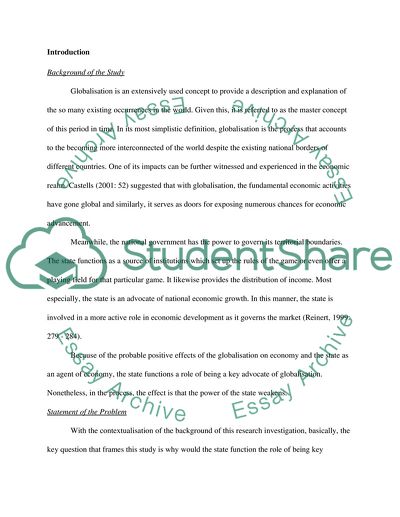Cite this document
(The Paradoxical Relationship of Globalization and the State Coursework, n.d.)
The Paradoxical Relationship of Globalization and the State Coursework. Retrieved from https://studentshare.org/politics/1780412-politics-and-history
The Paradoxical Relationship of Globalization and the State Coursework. Retrieved from https://studentshare.org/politics/1780412-politics-and-history
(The Paradoxical Relationship of Globalization and the State Coursework)
The Paradoxical Relationship of Globalization and the State Coursework. https://studentshare.org/politics/1780412-politics-and-history.
The Paradoxical Relationship of Globalization and the State Coursework. https://studentshare.org/politics/1780412-politics-and-history.
“The Paradoxical Relationship of Globalization and the State Coursework”, n.d. https://studentshare.org/politics/1780412-politics-and-history.


